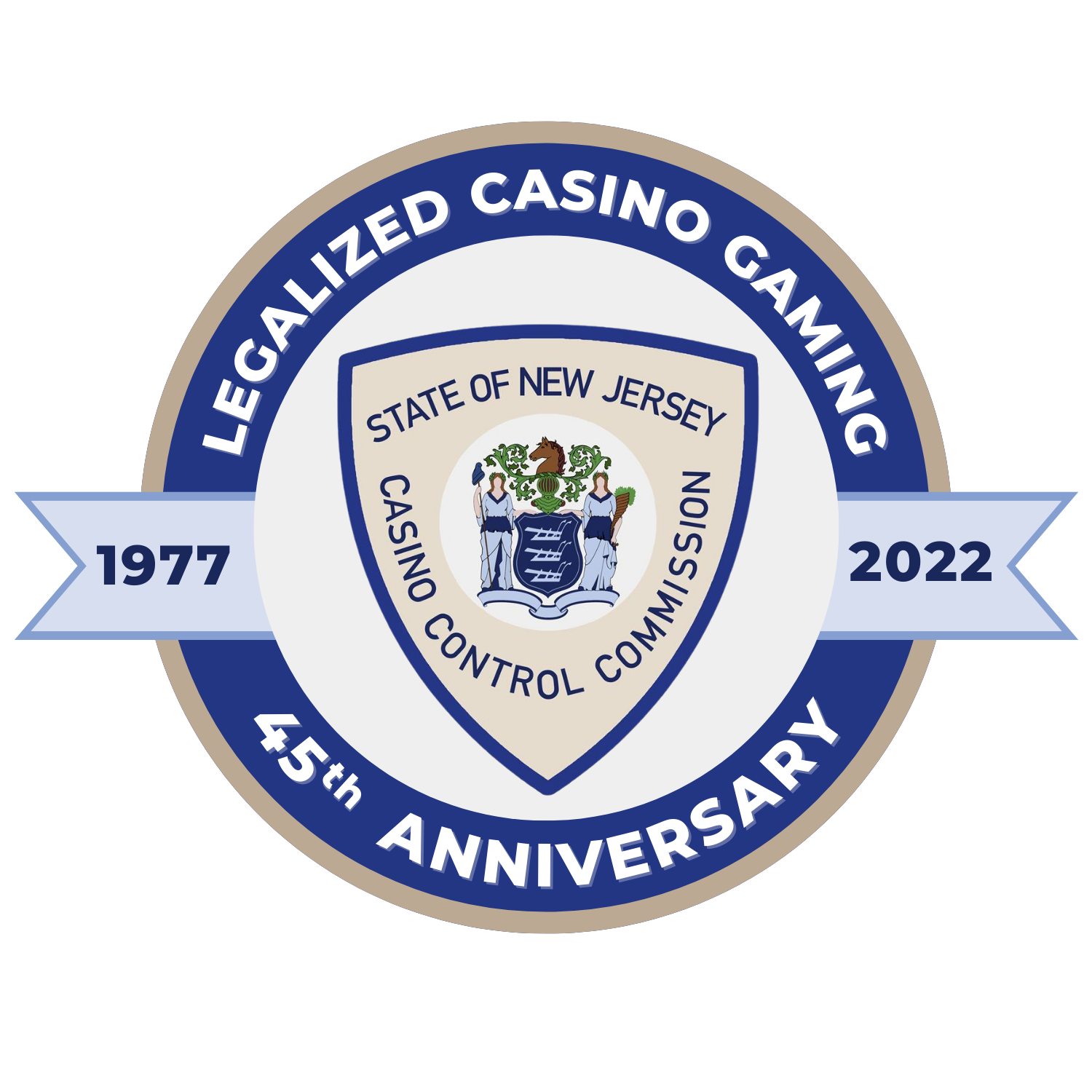Casino Gaming in New Jersey
In 1974, New Jersey voters were asked to amend the State Constitution to allow casino gambling in municipalities approved through local and county referendum. At that time in the U.S., legalized gambling was authorized only in Nevada, where infiltration by organized crime figures was common knowledge. The referendum was defeated by 60% of voters.
In 1976, the citizens of New Jersey were again asked to allow casino gambling; not state-wide but in Atlantic City only, as “a unique tool of urban redevelopment.” With the added specificity, the measure was narrowly approved by 56% of voters.
On June 2, 1977, Governor Brendan Byrne signed the New Jersey Casino Control Act into law. His remarks echoed lingering concerns among New Jerseyans when he spoke directly to organized crime: “Keep your filthy hands off Atlantic City and keep the hell out of our state!”
Casino Control Act
The Casino Control Act (the “Act”) declared that the rehabilitation and redevelopment of existing tourist and convention facilities in Atlantic City, and the fostering and encouragement of new construction and the replacement of lost convention, tourist, entertainment and cultural centers in Atlantic City, will offer a unique opportunity to make maximum use of the natural resources available in Atlantic City for the expansion and encouragement of New Jersey's hospitality industry, and to that end, the restoration of Atlantic City as the Playground of the World and the major hospitality center of the Eastern United States. N.J.A.C. 5:12-1b(3).
To that end, the Act declared that restricting the issuance of casino licenses to major hotel and convention facilities assured that the existing nature and tone of the hospitality industry in New Jersey and in Atlantic City is preserved, and that the casino rooms are always offered and maintained as an integral element of such hospitality facilities, rather than as the industry unto themselves that they have become in other jurisdictions. N.J.A.C. 5:12-1b(5).
The Act is designed to engender and maintain public confidence and trust in the regulation of the licensed enterprises, to provide an effective method of rebuilding and redeveloping existing facilities and of encouraging new capital investment in Atlantic City, and to provide a meaningful and permanent contribution to the economic viability of the resort, convention, and tourist industry of New Jersey. N.J.A.C. 5:12-1b(13).
State licensing and oversight
An integral and essential element of the regulation and control of casino facilities rests in the public confidence and trust in the credibility and integrity of the regulatory process and of casino operations. To further such public confidence and trust, the State extends strict regulation to all persons, locations, practices and associations related to the operation of licensed casino enterprises and all related service industries. Comprehensive law enforcement supervision attendant thereto, is further designed to contribute to the public confidence and trust in the efficacy and integrity of the regulatory process. N.J.A.C. 5:12-1b(6).
Licensing and oversight are achieved through a two-agency system:
- The Casino Control Commission is the politically independent, quasi-judicial, decision-making body, organized “in but not of” the Department of Treasury.
- The Division of Gaming Enforcement, as part of the Attorney General’s office, extends comprehensive law enforcement supervision over all persons, locations, practices and associations related to the operation of casinos and all related service industries.
The gaming industry’s success and ongoing viability is linked to the public's confidence that people in the industry possess good character, honesty and integrity. There are notable cases in which the Commission found executives unsuitable and required their removal if the companies wanted to be licensed. Because of New Jersey’s thorough and strict requirements to ensure integrity, receiving a N.J. casino license became viewed as “the gold standard” for casino companies.
Beginning in the 1990s, New Jersey undertook legislative and regulatory changes to create a more business-friendly atmosphere for the casino industry. This facilitated the industry’s ability to attract interest from the mainstream investment community. Since that time, investors have come to view casinos as legitimate and profitable opportunities.
New Jersey’s regulatory efforts helped create an environment in which casinos can prosper and from which the citizens benefit. Today, the industry serves as a catalyst for economic activity in Atlantic City, the Greater Atlantic City Region, and the entire State of New Jersey.
Further reading
A Brief History of the Casino Control Commission
“Governor Brendan T. Byrne, Atlantic City, and Casino Gambling,” Rutgers University, Eagleton Institute of Politics, Center on the American Governor
"Atlantic City and Casino Gambling," Rutgers University, Eagleton Institute of Politics, Center on the American Governor
Video resources
"Atlantic City Reflections," Rutgers University, Eagleton Institute of Politics, Center on the American Governor
"45th Anniversary of Legalized Casino Gaming (0:10:35)," Stockton University, Levinson Institute of Gaming, Hospitality and Tourism
"Celebrating 45 Years: Legalized Casino Gaming in New Jersey (1:45:34)," Stockton University, Levinson Institute of Gaming, Hospitality and Tourism

|
|
|


